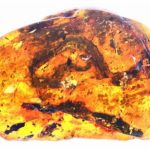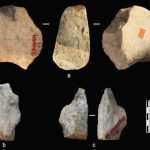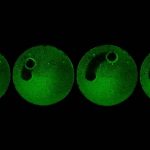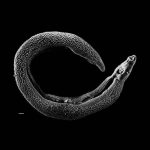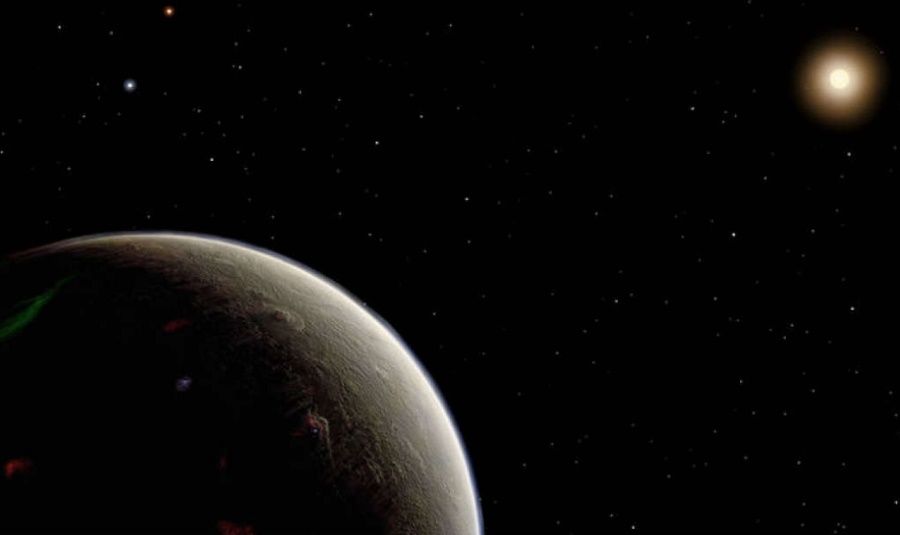
Exoplanet discovered exactly where the “Star Trek” screenwriters described it
In the popular “Star Trek” series, the planet Vulcan, which was home to Spock and his race, orbited the star 40 Eridani A. Now astronomers have come across an exoplanet orbiting this very star. It is a rocky globe about twice the size of Earth.
To date, astronomers have identified thousands of exoplanets outside the solar system. These are more or less intriguing worlds, but one of them is unique because it was discovered exactly where the series’ writers placed it „Star Trek” knowing nothing about him.
The exoplanet was encountered by Bo Ma of the University of Florida in Gainesville and his coóhe researchers. They used a 1.3-meter telescope in Arizona, to search for extrasolar planets, and that’s how they came across the planet, któIn the aforementioned series, the Vulcan was called the.
The study is described in an article published on the preprint serveróarXiv and scheduled for publication in the journal „Monthly Notices of Royal Astronomical Society” next month.
Twórca „Star Trek” – Gene Roddenberry – has linked the planet Vulcan to a real star. At the time, we didn’t know much about extrasolar planets. Fans of the series have wondered for years whether there is actually a counterpart to the planet Vulcan. Until now.
This globe is the only one (according to current knowledge) orbiting wokół star HD 26965 more widely known as 40 Eridani A. This star is about the age of our sun, but is slightly cooler and has a smaller mass. Located about 16 light years from Earth in the southern constellation of Eridanus. 40 Eridani A is actually an arrangement of potrójnym, and the newly discovered planet orbits wokó³ headóhe main star of the system.
– This star can be seen with the naked eye, unlike the parent stars of most exoplanets known to us. Now anyone can point out a star and Spock’s home on a clear night – joked Bo Ma.
The exoplanet just discovered circles its star every 42 days. This orbit seems a bit too tight for the globe to be in a habitable zone, where conditions could be conducive to keeping liquid water on the planet’s surface. The planet is currently listed in the directories as HD 26965b, but it is highly likely that it will be named as in the series „Star Trek”.
Sourceóbackground: University of Florida, photo. University of Florida/Don Davis
